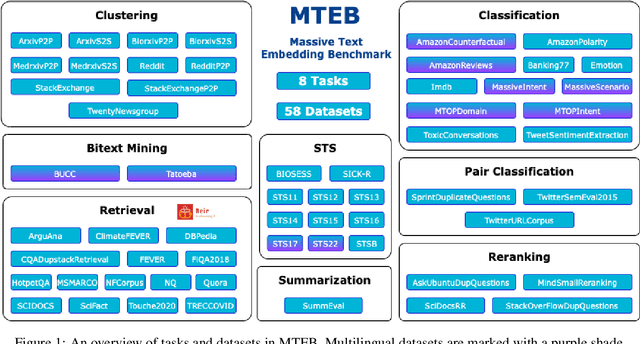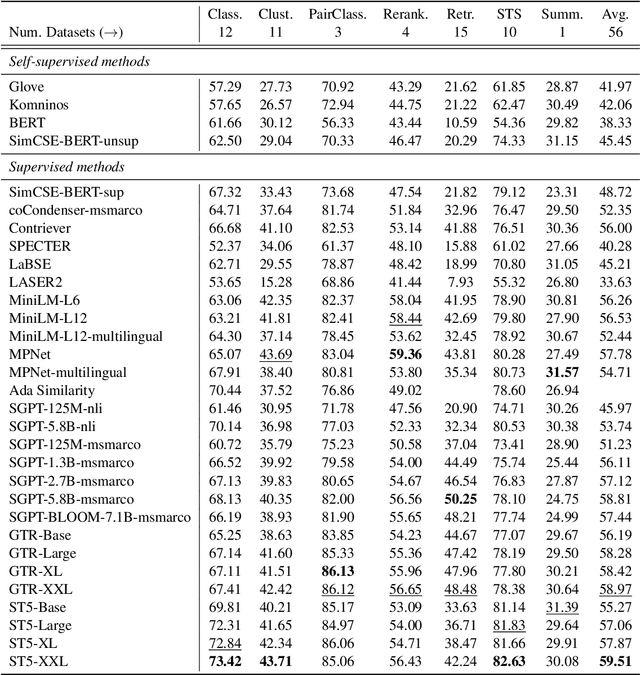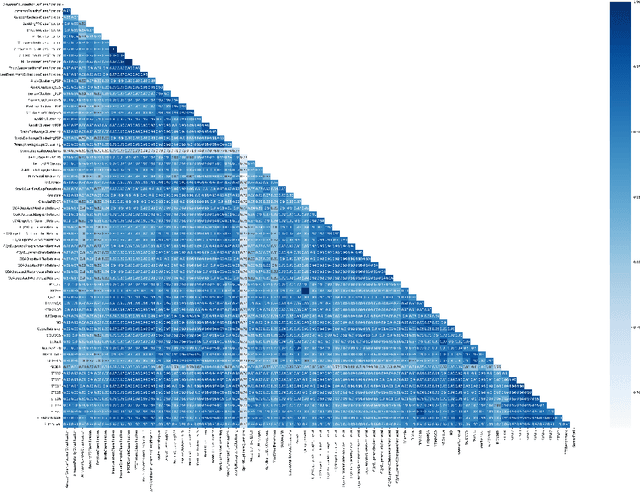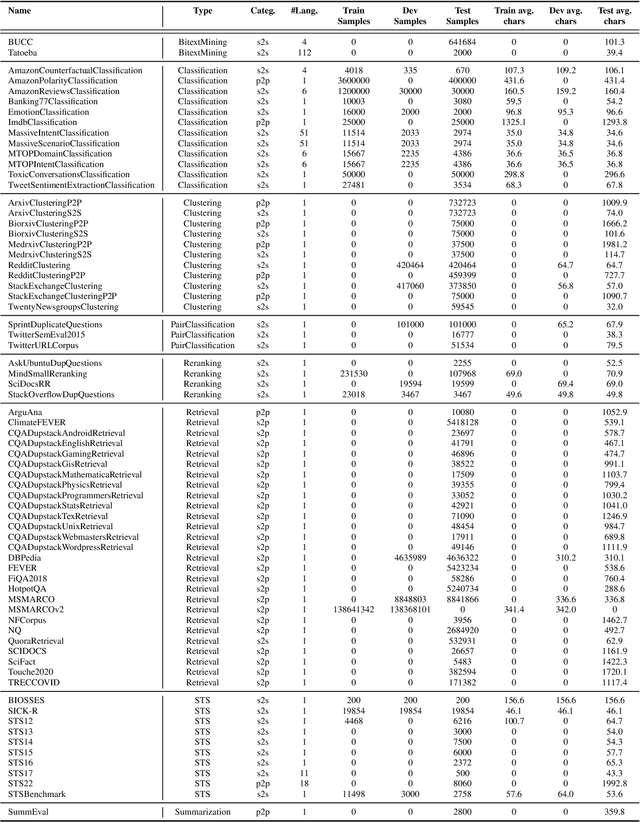Loïc Magne
NitroGen: An Open Foundation Model for Generalist Gaming Agents
Jan 04, 2026Abstract:We introduce NitroGen, a vision-action foundation model for generalist gaming agents that is trained on 40,000 hours of gameplay videos across more than 1,000 games. We incorporate three key ingredients: 1) an internet-scale video-action dataset constructed by automatically extracting player actions from publicly available gameplay videos, 2) a multi-game benchmark environment that can measure cross-game generalization, and 3) a unified vision-action model trained with large-scale behavior cloning. NitroGen exhibits strong competence across diverse domains, including combat encounters in 3D action games, high-precision control in 2D platformers, and exploration in procedurally generated worlds. It transfers effectively to unseen games, achieving up to 52% relative improvement in task success rates over models trained from scratch. We release the dataset, evaluation suite, and model weights to advance research on generalist embodied agents.
MMTEB: Massive Multilingual Text Embedding Benchmark
Feb 19, 2025Abstract:Text embeddings are typically evaluated on a limited set of tasks, which are constrained by language, domain, and task diversity. To address these limitations and provide a more comprehensive evaluation, we introduce the Massive Multilingual Text Embedding Benchmark (MMTEB) - a large-scale, community-driven expansion of MTEB, covering over 500 quality-controlled evaluation tasks across 250+ languages. MMTEB includes a diverse set of challenging, novel tasks such as instruction following, long-document retrieval, and code retrieval, representing the largest multilingual collection of evaluation tasks for embedding models to date. Using this collection, we develop several highly multilingual benchmarks, which we use to evaluate a representative set of models. We find that while large language models (LLMs) with billions of parameters can achieve state-of-the-art performance on certain language subsets and task categories, the best-performing publicly available model is multilingual-e5-large-instruct with only 560 million parameters. To facilitate accessibility and reduce computational cost, we introduce a novel downsampling method based on inter-task correlation, ensuring a diverse selection while preserving relative model rankings. Furthermore, we optimize tasks such as retrieval by sampling hard negatives, creating smaller but effective splits. These optimizations allow us to introduce benchmarks that drastically reduce computational demands. For instance, our newly introduced zero-shot English benchmark maintains a ranking order similar to the full-scale version but at a fraction of the computational cost.
MTEB: Massive Text Embedding Benchmark
Oct 13, 2022



Abstract:Text embeddings are commonly evaluated on a small set of datasets from a single task not covering their possible applications to other tasks. It is unclear whether state-of-the-art embeddings on semantic textual similarity (STS) can be equally well applied to other tasks like clustering or reranking. This makes progress in the field difficult to track, as various models are constantly being proposed without proper evaluation. To solve this problem, we introduce the Massive Text Embedding Benchmark (MTEB). MTEB spans 8 embedding tasks covering a total of 56 datasets and 112 languages. Through the benchmarking of 33 models on MTEB, we establish the most comprehensive benchmark of text embeddings to date. We find that no particular text embedding method dominates across all tasks. This suggests that the field has yet to converge on a universal text embedding method and scale it up sufficiently to provide state-of-the-art results on all embedding tasks. MTEB comes with open-source code and a public leaderboard at https://huggingface.co/spaces/mteb/leaderboard.
 Add to Chrome
Add to Chrome Add to Firefox
Add to Firefox Add to Edge
Add to Edge